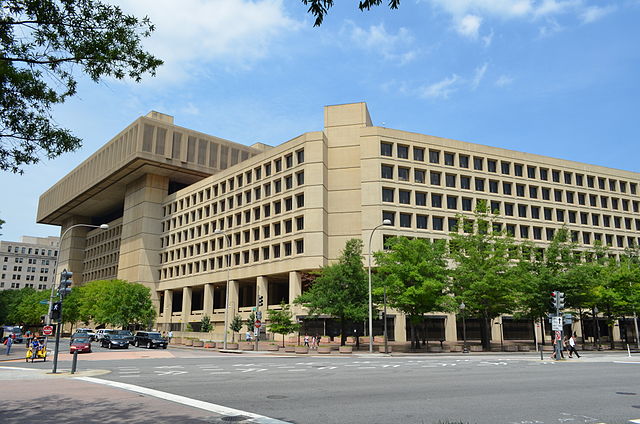

The FBI and Department of Homeland Security issued a joint warning Monday about the potential threat from violent extremists of a “copycat” vehicle attack like the one that killed 14 people in New Orleans on New Year’s Day.
The driver in that attack, Shamsud-Din Jabbar, 42, a U.S. citizen and Army veteran described himself as a member of ISIS, died in a shootout with police. But federal authorities said vehicles remain an appealing weapon for attacks because they are easy to obtain.
“The FBI and DHS are concerned about possible copycat or retaliatory attacks due to the persistent appeal of vehicle ramming as a tactic for aspiring violent extremist attackers,” the agencies said. “Previous attackers inspired by foreign terrorist organizations who have conducted vehicle attacks in the United States and abroad have used rented, stolen, and personally owned vehicles, which are easy to acquire.”
Vehicle-based attacks have become one of the deadliest forms of terror assaults worldwide, killing and injuring thousands of people internationally since they began becoming more frequent after the COVID-19 pandemic. Last month, a doctor from Saudi Arabia drove into a crowd at a Christmas market in Germany, killing five people and injuring over 200.
In 2016, vehicle attacks internationally represented more than half of all terrorism-related deaths that year, according to one researcher’s analysis of the open-source Global Terrorism Database.
“The accessibility of vehicles makes this a widespread threat (for) any gathering of people, whether for a New Year’s celebration or just a normal weekend on Bourbon Street,” said Ryan Houser, a terrorism and mass-casualty attack researcher and consultant who wrote a 2022 study on such attacks. “Vehicle ramming attacks have the ability to further democratize terrorism as a successful attack that merely requires a willingness to kill and can be completed by only one actor.”